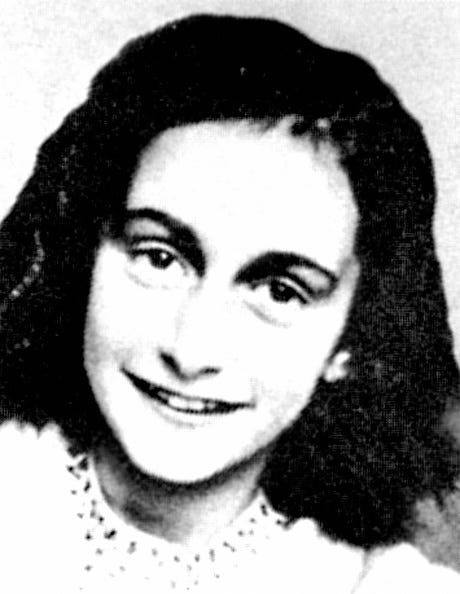The Writer's Almanac from Wednesday, June 12, 2013
"Talking in Bed" by Philip Larkin, from Collected Poems. © Farrar, Straus and Giroux, 2003.
ORIGINAL TEXT AND AUDIO - 2013
It's the birthday of Djuna Barnes, born in Cornwall-on-Hudson, New York (1892). She started out as a reporter for a variety of different magazines, including Vanity Fair and The New Yorker, and she often contributed illustrations for her own articles. She was part of the bohemian scene in Greenwich Village, and published a collection of poems and drawings in 1915 called The Book of Repulsive Women.
She moved to Paris in 1920 and became friends with writers there, including T.S. Eliot, Gertrude Stein, and James Joyce. After reading Joyce's novel Ulysses in 1922, she said: "I shall never write another line. Who has the nerve to after that?" But almost 15 years later, she published Nightwood (1936), an experimental novel about a woman named Nora Flood, her love affairs and her spiritual advisor, a transvestite named Dr. O'Conner.
The book was rejected by all the American publishers she submitted it to, but T.S. Eliot loved it, so he published it himself and wrote an introduction. It had a great influence on many later experimental writers of the 1950s and '60s, and it's become a cult favorite.
For the last 42 years of her life, Barnes lived as a recluse in New York City. Writers came to pay homage to her, including Bertha Harris and Carson McCullers, but she sent them away. Her neighbor E.E. Cummings used to check on her by yelling out his window. She rarely left her house, and she spent her last 30 years working on a long poem that was found in her apartment when she died in 1982. In 1973, she told her editor Douglas Messerli: "It's terrible to outlive your own generation."
It's the birthday of Anne Frank, born in Frankfurt, Germany (1929). She received a diary as a birthday present on her 13th birthday in 1942, and she immediately began writing in it. A few weeks after her birthday, Anne's older sister, Margot, got a notice to report to a Jewish work camp, so the Franks went into hiding in an annex in Amsterdam, along with four other people. They lived together in the annex for two years, and a family friend, Miep Gies, brought them food and supplies.
Her earliest journal entries are about her grades and classmates. She wrote that since she did not have any close friends, she would treat her diary as though it were a close friend, and she began addressing it by the imaginary name of "Kitty." She wrote, "I hope I shall be able to confide in you completely, as I have never been able to do in anyone before, and I hope that you will be a great support and comfort to me."
Frank wrote in her diary regularly while she was in hiding, but she didn't just write about the Nazi persecution or the experience of living in secret; she also wrote about the ordinary details of her adolescent life. She wrote about how much she hated potatoes and how her older sister was clearly her parents' favorite.
On August 4, 1944, the annex was raided by Nazi police, and Anne and her family were among the last Jews shipped out of the Netherlands to concentration camps. Anne died of typhus in Bergen-Belsen six weeks before the camp was liberated by the Allies.
Be well, do good work, and keep in touch.®
A Prairie Home Companion is going to Minot, North Dakota!
September 28, 2024 – 5:00PM
Norsk Høstfest, Minot, North Dakota
A Prairie Home Companion’s 50th Anniversary Tour with Garrison Keillor with guests including CHRISTINE DIGIALLONARDO, RICHARD DWORSKY with HOWARD LEVY, CHRIS SIEBOLD, LARRY KOHUT, and our Radio Actors, TIM RUSSELL & FRED NEWMAN.




